Gallery
Photos from events, contest for the best costume, videos from master classes.
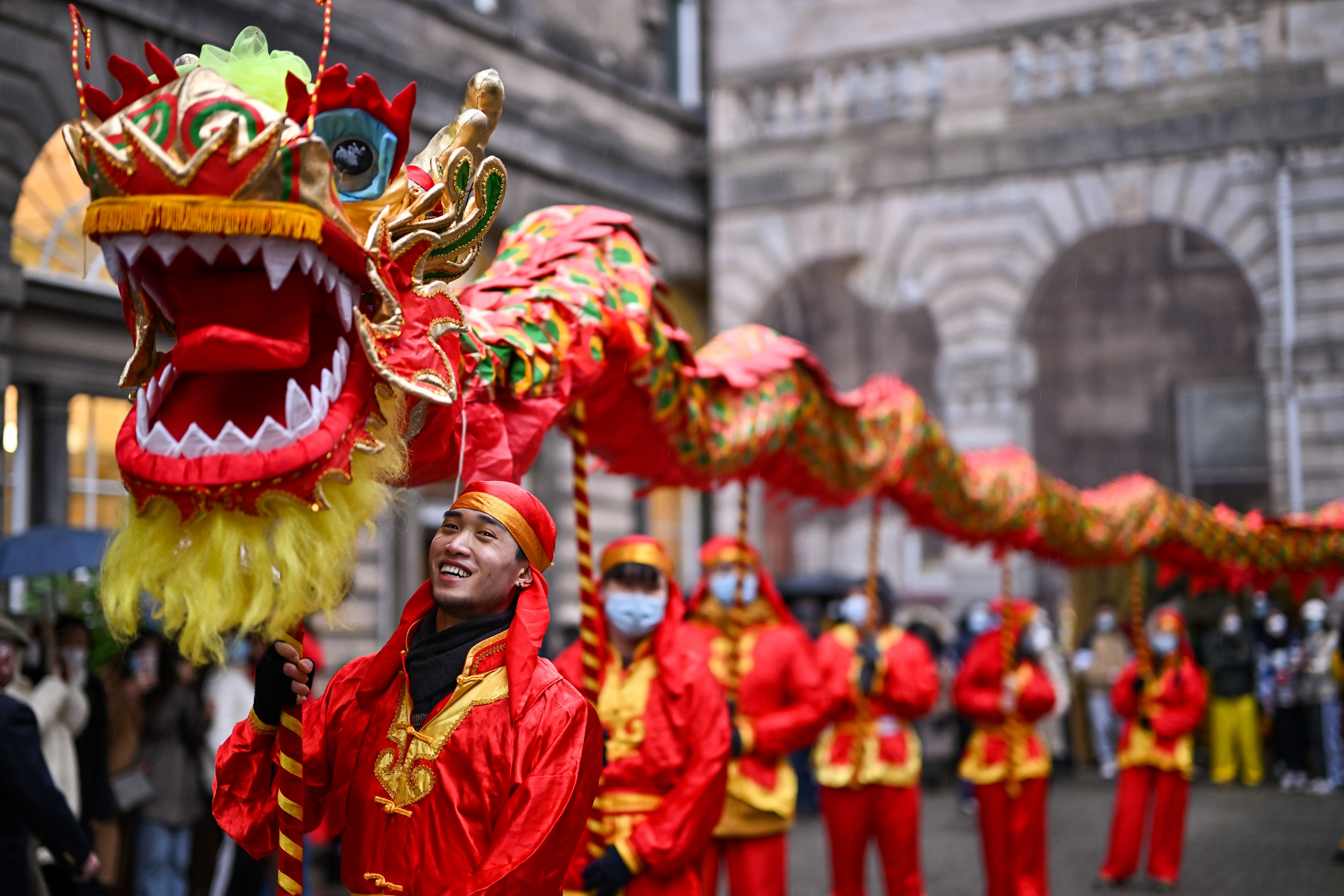


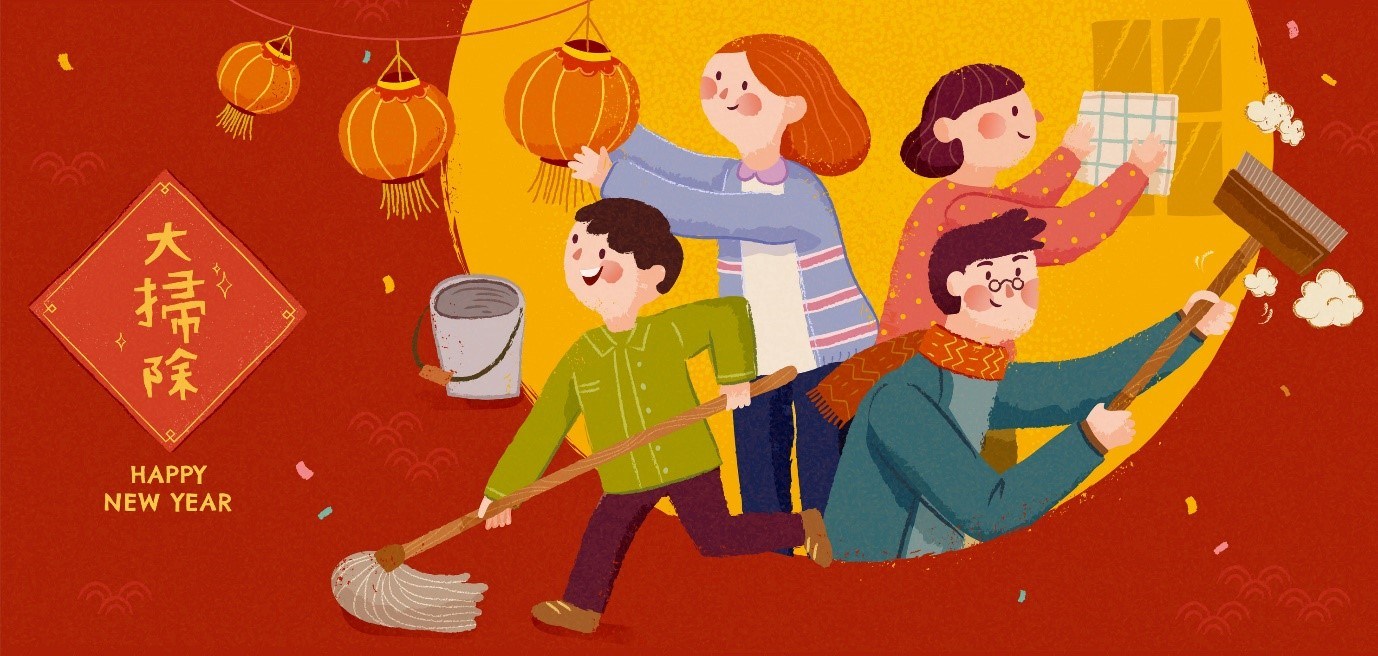
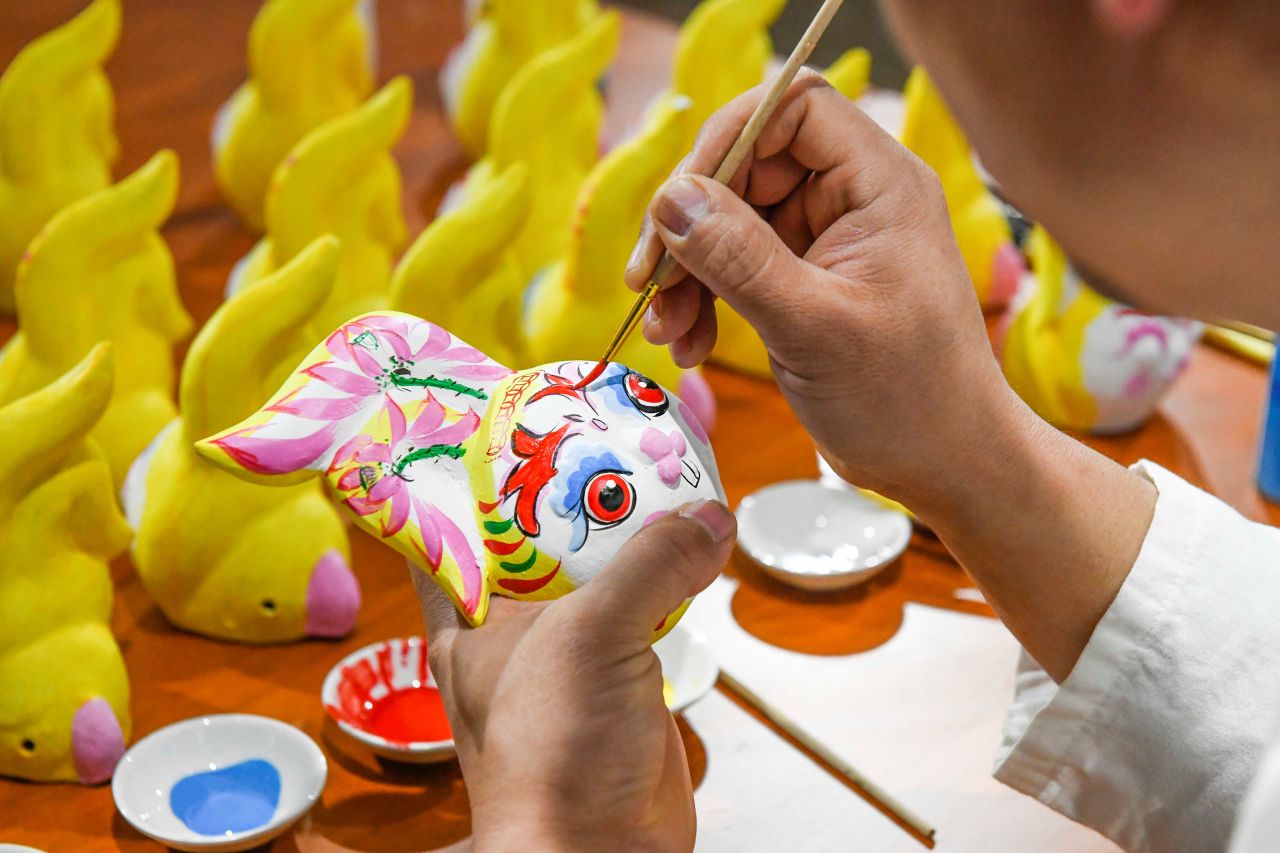

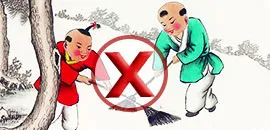
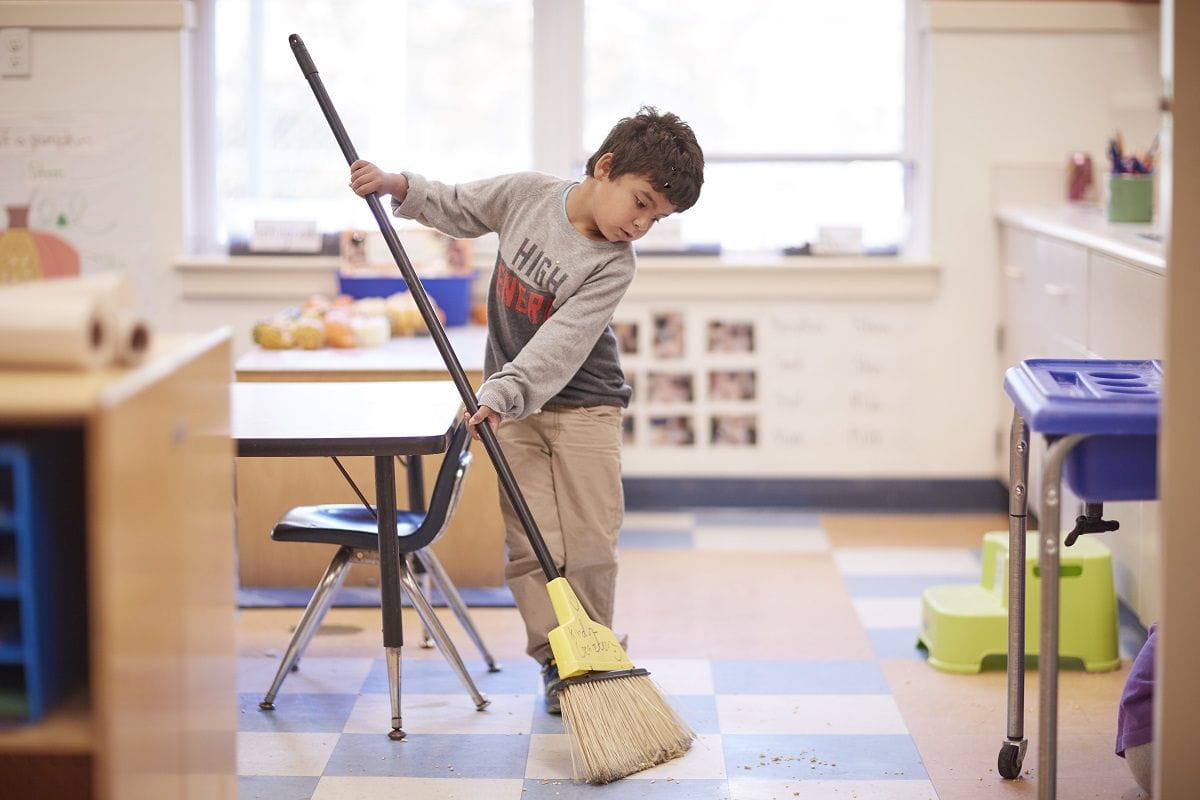
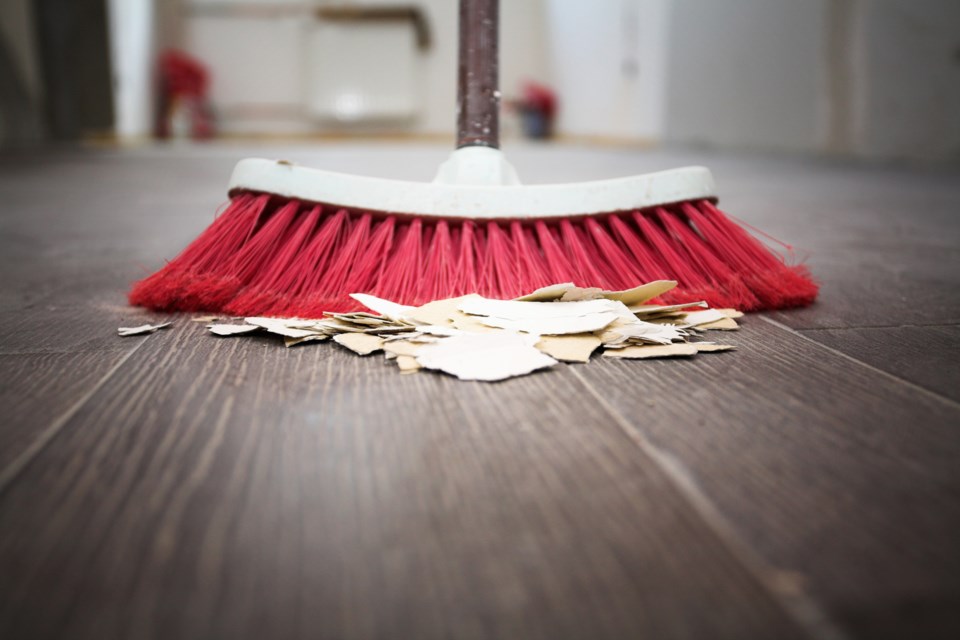


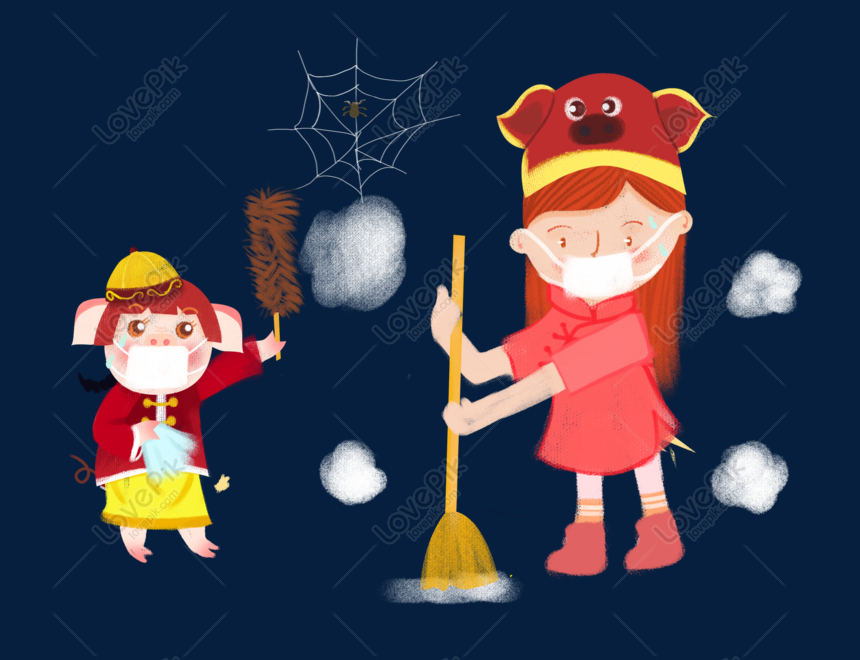
Cleaning the house symbolises sweeping out any misfortune or traces of bad luck. During the Chinese New Year, sweeping the house should be avoided- especially during the first three days-, since otherwise upcoming good luck would be swept out. On the 1st day of the 1st lunar month, there is a Chinese New Year taboo on sweeping the house and dumping the trash. Otherwise, all the savings and valuables will be swept away. If it is really necessary, the house owner should start the sweeping from outside to inside of the house, which intimates collecting money. In the first day of Lunar new year, you must not sweep the floor, if not, you will sweep away good luck for the year. Till date, people still practice cleaning and sweeping the house before CNY but during CNY, they will refrain from sweeping, throwing rubbish out. From one week preceding the festival to the 15th day after, many Chinese New Year customs are widely observed for thousands of years. The family reunion dinner, eating dumplings, and setting off firework are the must-dos that you might know. As the vibrant tapestry of the Chinese New Year unfolds, one tradition takes centre stage in the prelude to the grand celebration – 小年扫尘, or "Little New Year's Dust Sweeping." This time-honoured custom is more than just a simple act of cleaning; it holds deep cultural significance as it symbolizes bidding farewell to the old year and Chinese tradition dictates that sweeping the house on the first day of the Lunar New Year might sweep away good luck and fortune. It’s advisable to perform thorough cleaning before the festival, symbolizing the removal of old energy and making room for positive vibes. As the Chinese New Year, or Spring Festival, approaches, many traditions and superstitions come to light. Among them is the belief that sweeping the floor during this auspicious time can sweep away good luck and prosperity along with the dust and dirt 污垢 (wū gòu). But is this belief grounded in reality, or is it merely a myth? Let's explore. As the lunar new year gets closer, these home customs are designed to invite prosperity, good fortune, and positive energy into living spaces. From not sweeping around the house to staying up late the night before, here are 8 Chinese New Year customs and traditions you should know! From Dec. 23 in lunar calendar to Chinese New Year Eve, people carry out a complete sweeping of the house. People sweep the floor, furniture, and walls and throw away something old, which means to sweep away bad luck and welcome New Year. Dusting with a broom on Chinese New Years is considered bad luck. A dirty house on Chinese New Years will lead to misfortune and disaster for the upcoming year. On the 28th, 29th or 30th day of the new year, every household "posts the New Year's Red" (the New Year's Red is the collective name for the red festive elements pasted during the New Year, such as Spring Festival couplets, door gods, horizontal batches, New Year pictures, and the word "Fu"). From Dec. 23 in lunar calendar to Chinese New Year Eve, people carry out a complete sweeping of the house. People sweep the floor, furniture, and walls and throw away something old, which means to sweep away bad luck and welcome New Year. People born in the Years of the Snake including 1929, 1941, 1953, 1965, 1977, 1989, and 2025 will experience their Zodiac Year of Birth (Ben Ming Nian). 2026 Chinese New Year falls on Feb. 17th and it is the Year of Horse. With a decluttered house, you can put on the finishing touches with a thorough dusting, sweeping, and mopping – even cleaning curtains and upholstery if you’re feeling super-motivated – and when the new lunar year arrives on February 10th, you’ll be sitting pretty in a house that’s cleaner and more organized than it’s been in months! A 9th telecoms firm has been hit by a massive Chinese espionage campaign, the White House says Department of Homeland Security Dec 19 Sweeping Chinese hack of U.S. telecoms firms is ‘still going Chinese New Year or Spring Festival is the most important of the traditional Chinese holidays. It is sometimes called the Lunar New Year, especially by people outside China. The festival traditionally begins on the first day of the first lunar month in the Chinese calendar and ends on the 15th; this day is called Lantern Killing should be avoided from the 1st to 15th of the Lunar New Year as blood is considered an ill omen, which will cause misfortunes such as a knife wound, or a bloody disaster. People usually kill chickens, ducks, pigs, and fish before Chinese New Year or on Chinese New Year's Eve. 7. Sending Chinese New Year Wishes. During Chinese New Year, Chinese people will greet each other with pleasant words like: 'Xin nian kuai le' which means 'Happy New Year' (simplified Chinese: 新年快乐). See more Chinese New Year Greetings and Wishes. 8. Watching the New Year TV Gala About one week before the Chinese New Year, families will start the preparation for the New Year celebration, including cleaning the house. 尘 means “dust” in Chinese. 扫尘, literally: "sweeping the dust", has a sense of 辞旧迎新 (cí jiù yínɡ xīn), saying goodbye to the old and welcoming the new. In the days leading up to Chinese New Year, families engage in extensive house cleaning, known as “sweeping away the dust,” to eliminate bad luck and make space for good fortune. Homes are then decorated with red couplets, paper lanterns, and auspicious symbols, such as the Chinese character “福” (Fu) for good luck.
Articles and news, personal stories, interviews with experts.
Photos from events, contest for the best costume, videos from master classes.











